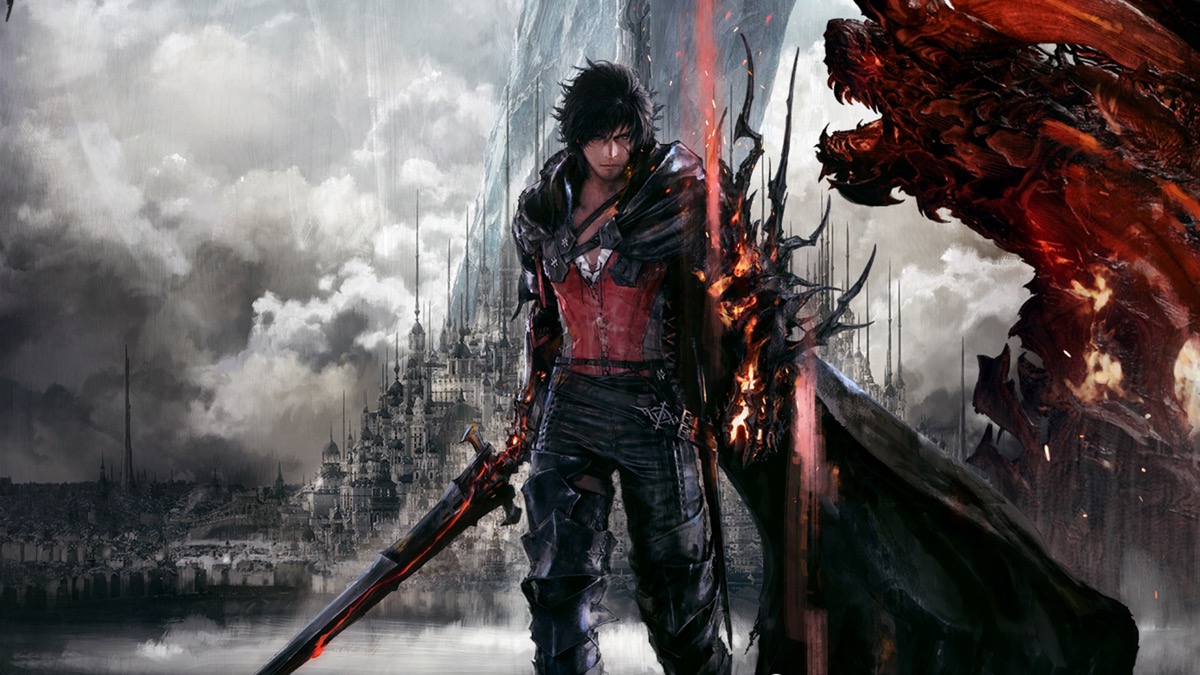‘Final Fantasy’: ‘FF16’ ending, explained

Final Fantasy XVI was the first new main-line Final Fantasy game in seven years. Well, unless you count Final Fantasy VII Remake. Or the many updates to Final Fantasy XIV.
Final Fantasy XVI is a game which begins with the kind of epic battle most games hope to end with. Having to constantly one-up the brazen, ridiculous epicness of its own boss fights is simultaneously XVI‘s strength and downfall. Because when fighting a giant god-monster in space is not the final battle, or even the penultimate battle, where do you go?
XVI feels decidedly Games of Thrones inspired, which was much talked about during its release. But despite taking such obvious outside homage, it’s also the only Final Fantasy game which has the cajones to drop the series name in a line of dialogue.
But before we get to that epic and corny (positive) line, we have to discuss the ending and Clive’s fate.
The end of Clive’s tale
Major spoilers ahead for Final Fantasy XVI
As expected, the Blight destroying the world is a side-effect of the use of magic. But it turns out that Ultima was one of sixteen of a group of god-like creatures which fled from a different planet which had been destroyed by Blight, too. Unfortunately, the Blight followed them to this new world, too.
Annoyed by the Blight’s persistence, thousands of years ago, Ultima and his pals decided they wanted to create a new planet together and began their preparations. Where are the other fifteen, you ask? Why, they ditched their physical forms to become the Mother Crystals and drink up all of their new planet’s natural aether. They all created humanity so that, one day, one of them would become the Mythos, a human strong enough to wield a staggering amount of magical power. Then they napped and let humanity sort it all out.
The Mythos is, of course, Clive. After Clive and his buddies destroy all the Mother Crystals, the angered Ultima lifts the Origin—the vessel in which his and his kin came—into the sky and starts draining aether from the earth at a rapid clip. And so sets the stage for the final fight.
In the ensuing first stages, my boy Dion is killed and Joshua is so gravely wounded, he willingly gives the power of the Phoenix—the last eikon—to his big brother. With all the eikons’ power, Mythos is able to transform into that mysterious, powerful figure seen on ancient tapestries throughout the game: Ifrit Arisen.
Meanwhile, Ultima merges with the spirits of all his buddies and wants to merge with Clive, the Mythos, to complete the planet-making spell. But Clive won’t let him, of course. They fight, Clive wins, Clive absorbs Ultima’s power. But Ultima’s power is too much for even Clive to handle, and he uses his brief godlike time to destroy Origin, which is the final mother crystal. Doing so saves the planet, but eradicates all magic. It also kills him. Seemingly.
On the other hand, the post-credits scene leads us to believe that Joshua lived and recorded his brother’s tale into a tome which eventually became dismissed as a mere fairy tale.
Ahem. “The only fantasy here is yours. And we shall be it’s final witness!”
Have a tip we should know? tips@themarysue.com